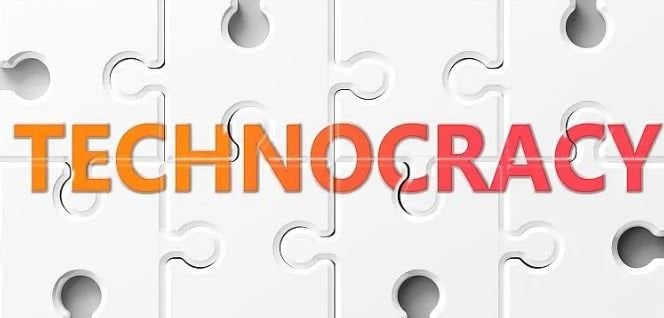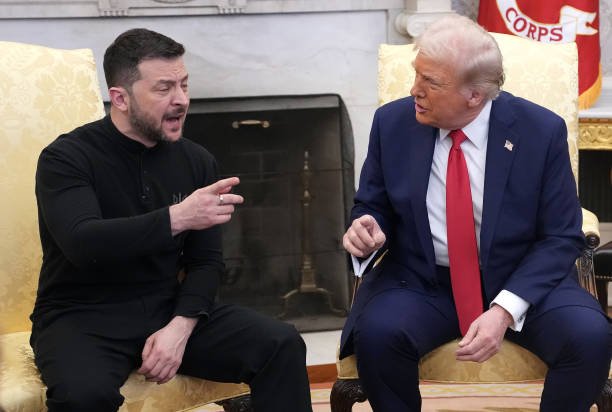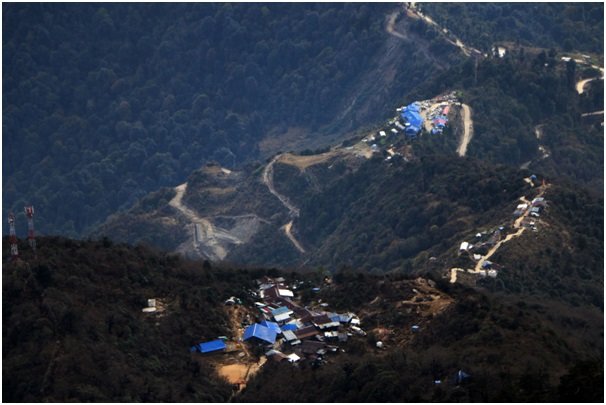Harnessing Technocracy for Nepal's Future: Insights from a China Experience

The growing complexity of our digital era has given rise to technocrats and technocracy, emphasizing the need for technical expertise in decision-making and problem-solving roles. With such developments becoming increasingly prevalent, developing nations like Nepal stand to gain significantly from exploring this approach. This article will demystify technocracy and its potential implications for Nepal, drawing lessons from successful technocrats globally, with a focus on China.
Defining Technocrats and Technocracy
Technocrats are those individuals who leverage their specialized knowledge and technical skills to influence policy-making and governance, often operating behind the scenes.
In contrast, technocracy is a governance system where decision-making authority rests primarily with technocrats. This system prioritizes the expert understanding of specific fields, often extending beyond conventional political or business leadership.
History of Technocracy
Understanding technocracy requires a brief journey into its history. The concept of technocracy has been around since the early 20th century, with the term itself coined by William Henry Smyth in 1919. The technocratic movement gained considerable momentum during the Great Depression in the United States, led by engineers and scientists who argued that technical experts, rather than politicians, should be entrusted with economic planning.
Post World War II, technocratic ideas influenced several European economies, particularly in France and Italy, where a generation of technocrats rose to prominence. These technocrats, largely economists and engineers, played significant roles in the design and implementation of national economic policies. Their work led to a period of rapid growth, known as the "trentes glorieuses" in France and the "economic miracle" in Italy.
In the latter half of the 20th century, the rise of East Asian economies like Singapore and South Korea provided new contexts for technocracy. Leaders with technical expertise, like Singapore's Lee Kuan Yew, crafted national policies guided by pragmatic problem-solving approaches rather than ideological standpoints.
Presently, China is a prominent example of technocratic governance, where engineers and technical experts hold a considerable number of leadership positions. This history of technocracy underscores its evolution and relevance in different socio-political contexts, setting the stage for a discussion of its potential in nations like Nepal.
Notable Technocrats and Technocratic Governance Globally
Prominent technocrats have left indelible marks on the history and development of their nations. Robert Moses, renowned for reshaping 20th-century New York City through strategic infrastructure projects, and Lee Kuan Yew, who transformed Singapore into a global economic powerhouse, are sterling examples of technocrats who used their specialized knowledge to effect significant change.
Yet, it's China that presents an illuminating example of technocratic governance. Leaders like former Premier Zhu Rongji and current President Xi Jinping, both trained engineers, have steered the nation through various transformative phases, from post-Mao reforms to the digital revolution. Their technical expertise has underpinned China's rapid economic growth, positioning it as a global superpower.
Technocracy's Potential for Nepal's Economic Upliftment
Drawing from these examples, the potential of technocracy for Nepal becomes clearer. Given the numerous challenges—ranging from economic development, infrastructure upgradation, and climate change mitigation, to digital governance transition—Nepal can significantly benefit from technocratic governance.
Take the example of Hon. Dr. Swarnim Wagle, an economist, and member of the Federal Parliament's House of Representatives in Nepal since April 2023. Having served as vice-chair of the National Planning Commission and as the Chief Economic Advisor at the United Nations Development Program Regional Bureau for Asia and the Pacific, Dr. Wagle's experience in formulating and implementing economic policies makes him an ideal technocrat to navigate the economic complexities of the nation.
Technocrats like him, with robust expertise in their fields, can drive sustainable economic development, formulate and execute climate-resilient policies, and enhance Nepal's digital infrastructure.
Personal Reflections and Conclusion
As a Civil servant (Non-Gazetted I) for the Government of Nepal since 2013, and currently pursuing my Masters in Information and Communication Engineering in China, with a research focus on 5G, I've been privileged to witness firsthand the transformative impact of technocratic governance.
Observing China's technocratic approach is steadily shaping my vision for Nepal's potential transformation. The critical balance between political leadership and technical expertise offered by technocrats presents an exciting paradigm. By integrating these elements, Nepal could establish a holistic policy-making framework that draws strength from both political wisdom and technical proficiency.
The pathway to technocracy may pose challenges, but my experiences and observations affirm the promising rewards it holds. Being deeply rooted in the tech sphere, particularly in the pioneering field of 5G, I'm confident that technocratic insights can be pivotal in steering Nepal towards a sustainable, resilient, and prosperous future.
In the context of Nepal, the work of individuals like Dr. Swarnim Wagle illustrates the potential contributions of technocrats. His experience and expertise serve as valuable assets to the nation, indicating the potential for technocratic involvement in Nepal's development.
Living amidst China's thriving technocracy, I no longer view it as a mere theoretical construct, but as a tangible, applicable strategy for national advancement. By fostering a synergy between political leadership and technocratic expertise, I envision Nepal charting a similar course of success, following the technocratic model I see in action every day in China. This prospect of a technocrat-led future in Nepal, driven by principles of expertise and knowledge, fills me with profound anticipation and optimism.






Leave Comment